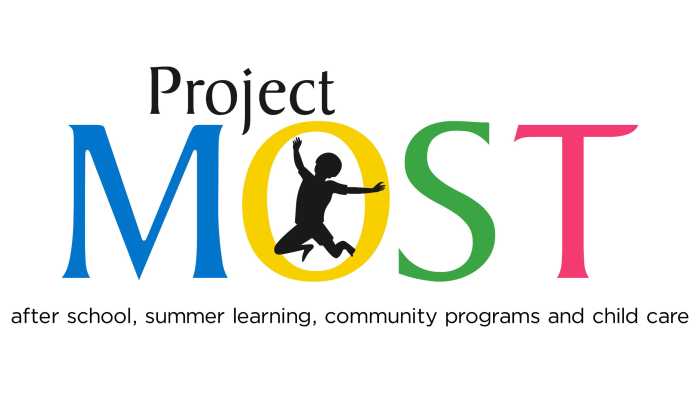As the president of a local historical society, and as a docent and staff entomologist at a science museum, I’m much concerned about our society’s success anent the dissemination of knowledge in the natural, physical and social sciences. More specifically, the lack of success as indicated by survey after survey by various educational institutions. Why do so many Americans, even Americans with university degrees, know so shockingly little about science and history? It certainly can’t be from lack of exposure. The National Science Foundation, for example, has discovered that one-in-four adult Americans are unaware that the Earth and planets revolve around the Sun—something Copernicus discovered in 1543 to the chagrin of some ecclesiastical authorities at the time. Surely at some point in their education these Americans must have heard about this.
I’d like to posit that the problem isn’t that schools don’t teach science and history—and how well they do that is a different issue—but that they do teach these subjects but mostly as data rather than as bodies of knowledge derived at by a philosophical methodology; dry, abstract and seemingly irrelevant facts that are as quickly forgotten once the SATs are over. For example, a woman of my acquaintance once asked me if I thought intelligent creatures might dwell on distant worlds. I told her that whilst it was not impossible, it seemed unlikely given the complex chemical and geophysical conditions of which a planet must be endowed to harbor sentient beings whereupon she said I was narrow-minded because the laws of chemistry and physics are probably different on other planets. What an extraordinary claim. This woman just supported the idea that 2+2 might not add up to four in Paris the way it does in New York because the laws of mathematics might be different in France. What she was ignorant of was a fundamental point in the philosophy of science: the universe can be comprehended through empirical evidence, testable hypothesis’, observable phenomena and experimentation by virtue of the fact that its physical laws are universal in scope. The same laws of chemistry and physics and mathematics found here on Earth are found everywhere.
One can memorize all the atomic weights on the Periodic Table of Elements, know the nucleotide sequence of the gene that gave Mendel’s peas their whirled skin, and—true to Gilbert and Sullivan—know the Latin names of every vegetable and mineral, but if one does not know the universality of physical laws, one does not understand science beyond a vast collection of trivia. Likewise, if one treats history as only names and dates rather than as techniques and schools of thought for analyzing the significance of those names and dates, one does not actually comprehend history.
I grant that teaching students subjects within the context of the methodology is daunting. But if we are going to spend billions of dollars teaching children facts they’ll forget by adulthood than perhaps the money is better invested elsewhere.
—Paul Manton

































